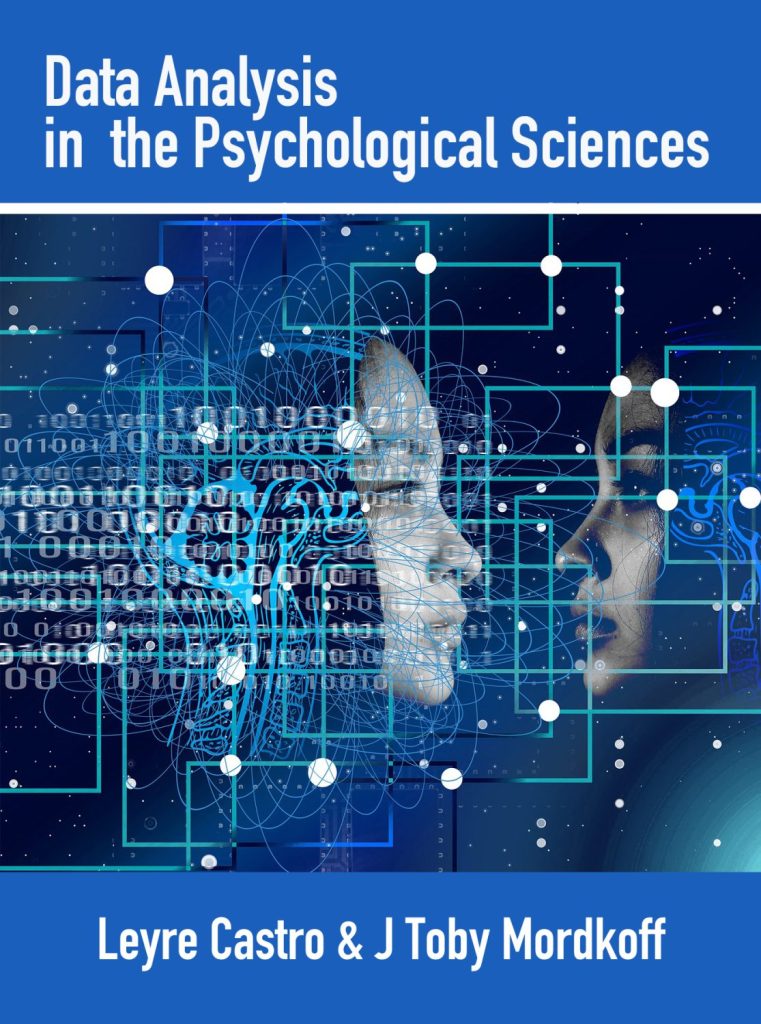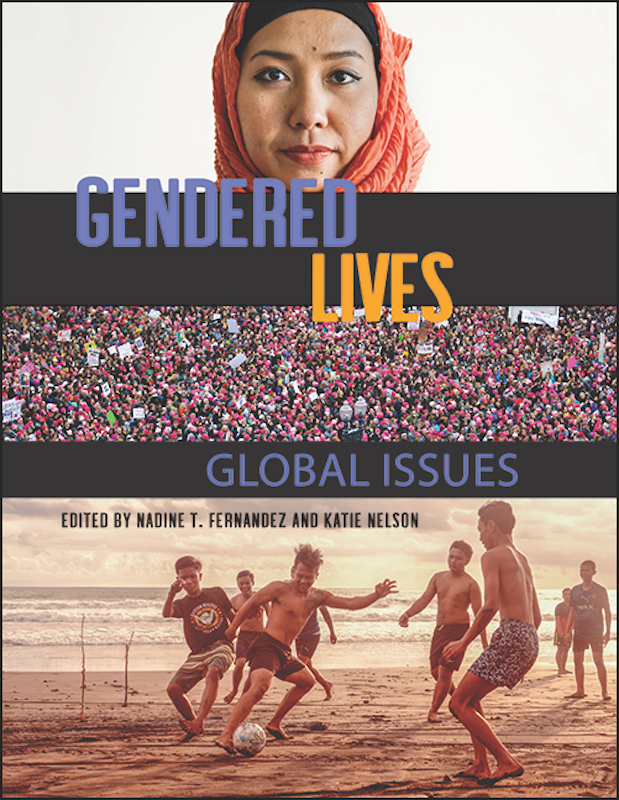Every month, the City Tech Library’s Open Educational Resources team gathers the latest and most noteworthy OER to share with the learning community at the college. The field of open educational resources is constantly expanding and we attempt to include materials relevant to each department at City Tech throughout our work. In addition to publishing our findings on the OER at City Tech website, we distribute our monthly selections to our colleagues in the library who share them with the academic departments they work with.
Open educational resources (OER) are teaching and learning materials freely available for everyone to use. They are typically openly-licensed to allow for re-use and modification by instructors. Materials may consist of a complete course, course modules, assignments, tests, quizzes, textbooks, videos, etc.
On occasion, we will spotlight a focused collection of resources that we find particularly useful for current teaching and learning. Last semester, OER librarian Cailean Cooney created a reading list to help support faculty working with open resources and using open educational practices. “Selections include some grounding texts, discussions of pedagogy and OER, access and equity, OER and policy, critiques of OER, and resources to connect faculty with research related to OER. All are openly licensed.” We have also shared a collection of LGBTQ+ free and open resources, curated by librarian Jo Thompson, as well as resources on trauma-informed practices in teaching.
We are here to showcase emerging and interesting open educational resources, so please contact OER librarian Cailean Cooney at ccooney@citytech.cuny.edu if you know of any resources or would like to know more about the OER initiatives at City Tech that include our fellowship, workshops, and faculty support.








